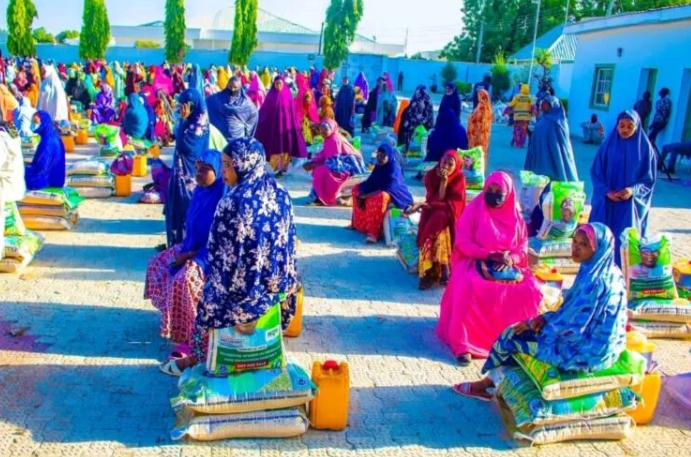Fighting between two factions of the country’s military leadership has killed at least 400 people and brought much of Khartoum to a standstill, with the joyful mood usually seen during the Muslim holiday of Eid al-Fitr replaced by a sombre and tragic atmosphere. Intense street battles continue to be reported between rival forces, despite a UN and US-backed truce. The situation has been described as catastrophic with thousands of people injured and many civilians, including children, hit by stray bullets. As part of the plan to return the country to civilian rule, the military government was supposed to merge the army and the Rapid Support Forces (RSF), but the RSF resisted this change, leading to full-blown fighting between the two sides on Saturday.
The RSF has also been accused of mobilising its troops in the western region of Darfur, where it first emerged, leading to many civilians fleeing to neighbouring Chad. Medical centres are overwhelmed and under-equipped to treat the influx of patients, and the majority of the wounded are civilians who have been hit by stray bullets, including many children. Diplomatic pressure is being stepped up to end the fighting, but two previous attempted ceasefires failed to take effect. US Secretary of State Antony Blinken has called on the warring military leaders to join a ceasefire until at least Sunday, warning of the risk to civilians as well as humanitarian and diplomatic workers.
Despite the truce, there are fears that the situation will continue to escalate, as the military leaders are yet to make any statements about a ceasefire. Meanwhile, those who cannot flee the capital are left to stay and face the situation. In particular, those who care for the disabled face the challenge of managing their responsibilities while also protecting themselves from the conflict. The Sudanese people usually relish Eid al-Fitr as a time for visiting family and eating together with neighbours, while children play and enjoy sweets, but this year the streets are empty and mosques almost deserted.
Source:BBC
Advertisement





